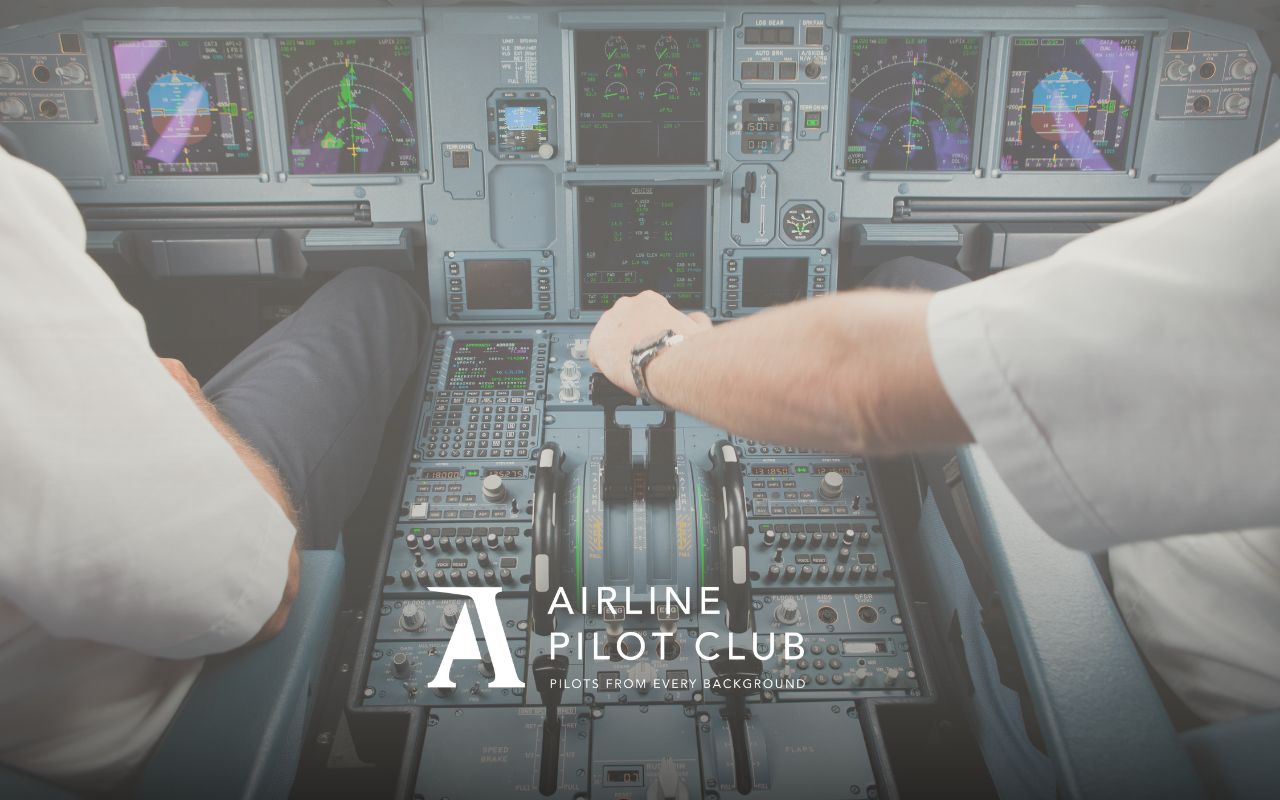In the rapidly evolving field of aviation, the application of advanced analytics is significantly reshaping pilot training programs. This deep dive explores how data-driven approaches are enhancing the skill development of pilots, leading to more effective training outcomes and safer aviation practices.
The Power of Data in Aviation Training
Advanced analytics utilises large volumes of data from various sources, including simulator sessions, real-flight data, and pilot performance reviews. By analysing this data, training programs can identify trends, predict performance outcomes, and uncover hidden insights that traditional methods might overlook. This data-centric approach allows for a more scientific understanding of pilot performance and training efficacy.
Identifying Training Needs
One of the primary advantages of advanced analytics is its ability to pinpoint specific training needs. For instance, if data analysis reveals that pilots consistently struggle with certain flight manoeuvres under specific conditions, training programs can be adjusted to focus more on those areas. This targeted approach not only makes training more efficient but also ensures that pilots are better prepared for the challenges they will face in the air.
Customisation of Training Modules
Advanced analytics supports the customisation of training modules to suit individual pilot needs. By evaluating a pilot's performance data over time, analytics tools can generate personalised training plans that focus on strengthening weaknesses and reinforcing strengths. This level of customisation ensures that each pilot receives training that is not only comprehensive but also highly relevant to their specific learning style and needs.
Enhancing Simulator Training with Real-Time Data
Simulator training is an integral part of pilot education. With advanced analytics, simulators can be equipped to provide real-time feedback to trainees. For example, data-driven algorithms can instantly analyse a pilot’s decision-making during a simulated emergency and provide feedback on alternative actions or strategies. This immediate correction helps to solidify learning and improve decision-making skills in critical situations.
Predictive Performance Modelling
Advanced analytics enables the development of predictive models that forecast how a pilot might perform in future scenarios based on past data. This capability allows training programs to proactively address potential performance issues before they become problematic. Additionally, predictive modelling can help in career planning by identifying which pilots are likely to excel in certain types of flying or command roles based on their training data profiles.
Operational Safety Improvements
By continuously analysing training data, advanced analytics helps in enhancing operational safety. Insights gained from data can lead to improvements in training programs that directly translate to safer flying practices. Moreover, ongoing analysis of in-flight performance and incident data helps refine these training programs to prevent accidents and incidents before they occur.
Challenges in Implementing Advanced Analytics
Despite its benefits, the implementation of advanced analytics in pilot training faces several challenges. These include the integration of data from diverse sources, the need for high-quality, clean data, and resistance from traditional training frameworks. Additionally, interpreting complex data requires skilled analysts who understand both aviation and data science.
The Future of Advanced Analytics in Pilot Training
As technology advances, the role of advanced analytics in pilot training is expected to grow. Future developments could include the integration of machine learning and artificial intelligence to automate more of the analytical processes and provide even deeper insights into pilot performance and training needs.
Advanced analytics is transforming the landscape of pilot training by enabling a more personalised, data-driven approach. This not only enhances the effectiveness of training programs but also significantly boosts the safety and efficiency of airline operations. As we move forward, the continued integration of these technologies will play a crucial role in shaping the future of aviation training.



